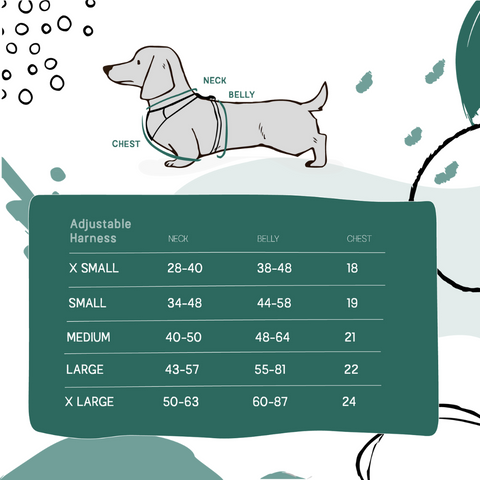Mini Dachshunds, often affectionately called “wiener dogs” or “sausage dogs,” are beloved for their playful and loving nature. However, their unique body shape makes them susceptible to weight gain, which can lead to serious health problems. As a responsible pet owner, it’s crucial to understand your mini dachshund’s ideal weight, the factors influencing it, and how to maintain a healthy weight. This article will provide a comprehensive guide to help you ensure your furry friend’s well-being.
Ideal Weight Range for Mini Dachshunds

The ideal weight for a mini dachshund can vary based on several factors:
- Age: Puppies grow rapidly, especially in the first few months. As they reach adulthood (around one year), their weight stabilizes.
- Sex: Male mini dachshunds tend to be slightly heavier than females due to their larger bone structure and muscle mass.
- Body Type: Mini dachshunds come in standard and miniature sizes. Miniature dachshunds are generally smaller and lighter.
- Genetics: Some dogs may have a genetic predisposition to weight gain.
Generally, adult mini dachshunds weigh between 11 and 16 pounds. However, individual variations are common.
Factors Influencing Mini Dachshund Weight

Several factors can contribute to weight gain in mini dachshunds:
- Diet: A diet high in fat and calories can lead to weight gain. Consult your veterinarian for a balanced diet plan.
- Exercise: Regular exercise is essential for maintaining a healthy weight. Daily walks, playtime, and mental stimulation are crucial.
- Age and Activity Level: As mini dachshunds age, their activity levels may decrease, requiring adjustments to their diet.
- Treats and Table Scraps: Excessive treats and table scraps can lead to weight gain.
- Health Conditions: Certain health conditions, such as hypothyroidism, Cushing’s disease, and diabetes, can contribute to weight gain.
Overweight and Obese Mini Dachshunds: Risks and Consequences

Overweight and obese mini dachshunds are at risk of various health problems, including:
- Joint and Bone Problems: Excess weight can strain joints and bones, leading to arthritis and intervertebral disc disease (IVDD).
- Respiratory Issues: Extra weight can make breathing difficult, especially for mini dachshunds with shorter airways.
- Heart Disease: Obesity can increase the risk of heart conditions like congestive heart failure and high blood pressure.
- Diabetes: Excess weight can contribute to the development of diabetes.
- Decreased Lifespan: Overweight dogs tend to have shorter lifespans.
Managing Mini Dachshund Weight: Diet and Exercise

To maintain a healthy weight for your mini dachshund, focus on diet and exercise:
- Diet:
- Consult your veterinarian for a personalized diet plan.
- Choose high-quality dog food formulated for small breeds.
- Portion control meals to avoid overeating.
- Limit treats and table scraps.
- Consider low-calorie, healthy treats like carrots or green beans.
- Exercise:
- Aim for at least 30 minutes of daily exercise.
- Engage in interactive play, such as fetch or hide-and-seek.
- Take your dog on walks and vary the routes to keep them mentally stimulated.
- Consider agility or obedience training classes for additional exercise and mental stimulation.
Preventing Weight Issues in Mini Dachshunds

Preventing weight issues is key:
- Start Early: Establish healthy habits from a young age.
- Monitor Their Weight: Regularly weigh your dog and consult your veterinarian if you notice significant changes.
- Be Mindful of Treats: Limit treats and choose healthy options.
- Keep Them Active: Provide daily exercise and mental stimulation.
By following these guidelines, you can help your mini dachshund maintain a healthy weight and enjoy a long, happy life. Remember, prevention is key, so start implementing healthy habits today.
